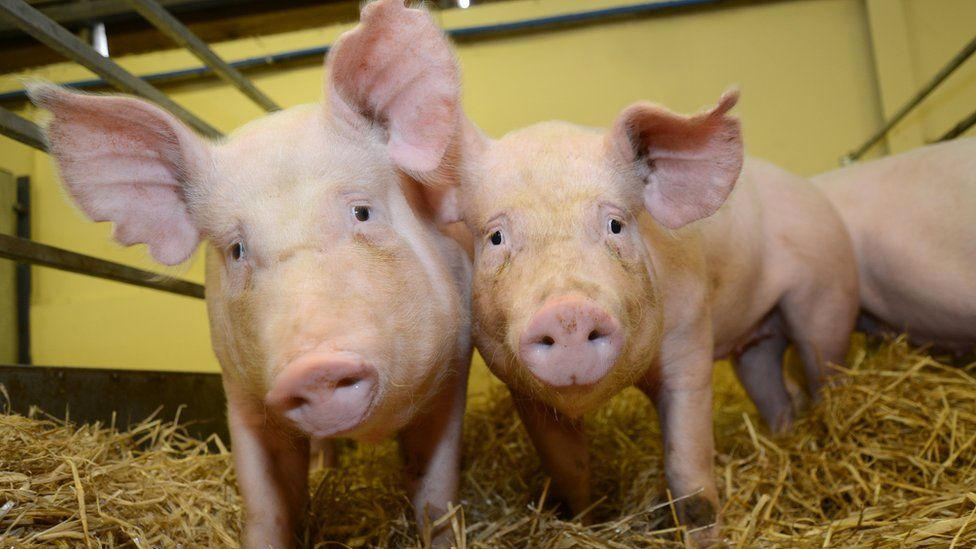The UK-based scientists behind PIC’s gene-edited PRRS-resistant pigs have welcomed the ‘landmark’ approval in the US this week.
This approval granted by the US Food and Drug Administration for PIC’s parent company Genus followed years of developing pigs to be resistant to one of the world’s most costly livestock diseases and a long approval process.
The technology was developed by the Roslin Institute, in Edinburgh, which described the announcement as a significant step on the pathway to commercialisation of gene-edited pigs in the US. and other international markets.
Technology development
Researchers at Roslin focused their efforts on the CD163 gene, which produces a receptor on the surface of cells, which the PRRS virus uses to cause infection. Experts removed a small section of this gene, focusing on the section of the receptor that the virus attaches to, leaving the rest of the molecule intact.
Supported by Edinburgh Innovations (EI), the University of Edinburgh’s commercialisation service, the team collaborated with Genus, who also licensed novel technologies from other institutions, to produce pigs with the specific DNA change.
The resulting pigs do not become infected with the virus, and the animals show no signs that the change in their DNA has had any other impact on their health or wellbeing.
Professor Bruce Whitelaw, of the Roslin Institute, said: “We are delighted to see the PRRS-resistant pig gene-edit approved for use – this is a milestone in the use of gene editing in livestock, and a landmark moment for the livestock industry towards managing a global disease that causes devastating losses.”
Dr Susan Bodie, EI’s head of business development at the University of Edinburgh’s College of Medicine and Vet Medicine, said: “This is a very exciting development in translating cutting-edge research into a major solution for the food production industry.
“Gene editing – making targeted changes to DNA in a lab – allows scientists to rapidly introduce beneficial traits in plants and animals, which can take decades to achieve through traditional breeding programmes.
“EI is proud to support Roslin Institute researchers to work with industry on pioneering world-changing animal bioscience like this.”
Jorgen Kokke, CEO of Genus, said: “FDA approval is a fantastic achievement for Genus PIC and represents a major step towards US commercialisation. We will now continue to pursue regulatory approvals in other international jurisdictions with a focus on key US export markets.”
NPA reaction
PIC is hoping the government’s Precision Breeding Act, which, applying to England, passed into law last year, could ultimately pave the way for the technology in the UK.
NPA chief executive Lizzie Wilson said: “The NPA is supportive of gene editing technology in pigs, particularly for developing PRRS-resistant breeds and therefore very much welcomes this significant step forward.
“We believe this technology, when properly regulated and communicated, can offer significant benefits to the pig sector. PRRS is an endemic disease which is extremely damaging and causes substantial economic losses, estimated to be as much as £30 million per year in England alone.”




